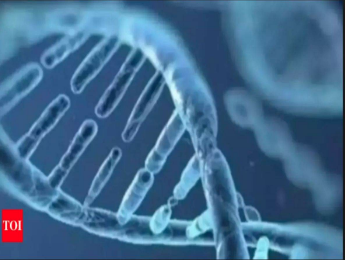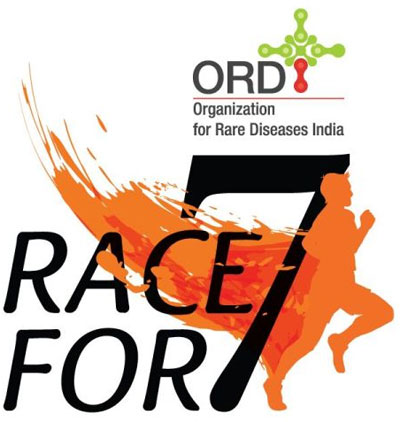
24rd April 2019: Addressing Pompeas a public healthcare concern, leading experts have laid emphasis on timely diagnosis and medical intervention of this rare disease. Pompe is a type of Lysosomal Storage Disorder (LSD) and Limb-Girdle Muscular Dystrophy (LGMD) which are groups genetic rare disorders. The Government of Kerala had initially identified 3 nodal centers for the treatment of rare diseases across Kerala and additionally sanctioned an initial corpus of 50 Lakhs to initiate the treatment of patients suffering from rare diseases. However, even after all this while, treatment hasn’t even started for even one patient. 2 patients have already died in the last one year as the judicial intervention was not acted upon by the state government.
Pompe is a severe and chronic illnesses and are often life-threatening. It is disabling wherein the quality of life of a patient is compromised dramatically and they are unable to do even simple daily tasks. Adding to the burden of these rare disease patients they face hurdles at every level right from getting their condition diagnosed to getting timely treatment.
Elaborating on the condition Dr. Sheela Nampoothiri, Clinical Professor, Department of Pediatric Genetics, Amrita Institute of Medical Sciences & Research Centre, said, “Pompe disease is one of the common LSDs and with the highest mortality rate. It is a rare inherited disease condition and occurs due to a lack of an enzyme called acid alpha-glucosidase (GAA) or acid maltase. This lack of enzyme leads to the build-up of a particular type of sugar (glycogen) in the muscle cells which causes muscle weakness. The symptoms and the severity of the disorder depends on the age at which it manifests. Dried blood spot is a very effective screening test for detection of Pompe. Once the condition is detected, the patient should immediately start undergoing treatment”
Addressing the challenge of diagnosis and treatment options Dr. Nampoothiri added, “The symptoms of Pompe includes respiratory difficulty and recurrent respiratory infections in infancy and the infants are usually investigated for immune related disorders and the diagnosis and treatment gets delayed. Thus, it is vital that symptoms are recognized at the earliest so that the treatment can be started early. They might be milder in adults than in infants. Enzyme Replacement Therapy (ERT) is the treatment available for some of the LSDs including Pompe. It has been proven to be successful and has drastically improved the quality of life of patients provided the treatment is started before development of irreversible organ damage”
“The Kerala government needs to understand the urgency to provide treatment to rare disease patients. Despite judicial intervention, the government has not initiated the interim treatment initiation this has led to the funds being lapsed leaving the patients in dismay. As a progressive welfare state, the Kerala government has programs for various diseases, however in the case of children with Rare diseases they have turned a blind eye. Unfortunately, this postponement has levied a heavy burden emotionally and financially on the patient’s lives. Meanwhile, we are requesting the government to take responsibility and provide treatment to patients to avoid further loss of lives” said Mr.Manoj Manghat, State Co-ordinator, Lysosomal Storage Disorders Support Society (LSDSS)
Health is a state subject and its imperative for the Kerala government to address the needs of these rare disease patients. A comprehensive approach to facilitate speedy treatment is the need of the hour.
https://health.economictimes.indiatimes.com/news/industry/pompe-patients-in-kerala-awaiting-treatment-despite-judicial-intervention/69021927



